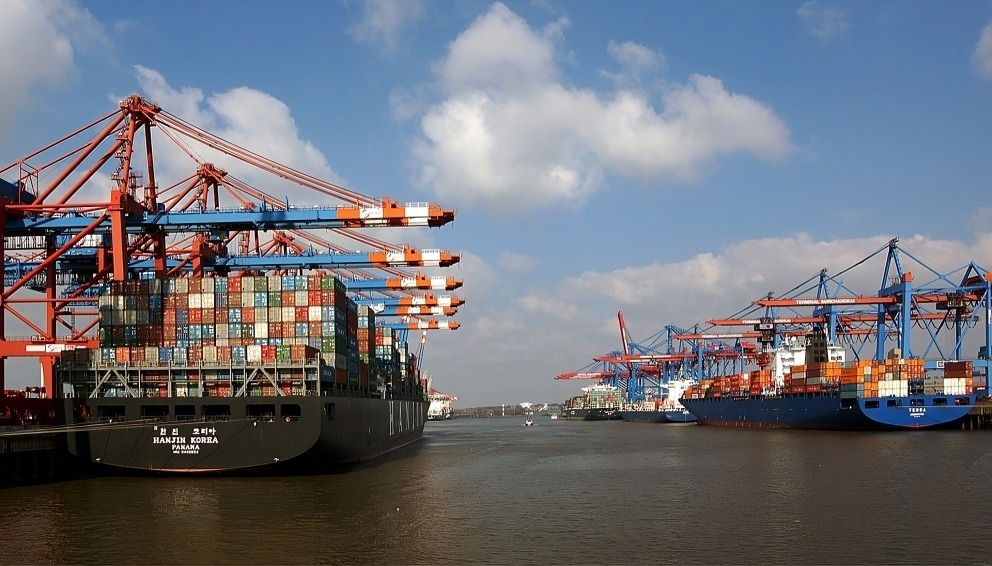Port Reception Facilities
Marpol I & V
Bravo Marine Pollution Poses a Significant Threat to Our Oceans and Coastal Environments. To Combat This Issue, the International Maritime Organization (Imo) Established the Marpol Convention, Which Includes Regulations Aimed at Preventing and Minimizing Pollution From Ships. Marpol Annexes I, II, and V Specifically Address Different Types of Ship-generated Waste, Including Oil, Noxious Liquid Substances, and Garbage. Port Reception Facilities ( PRFs) Play a Crucial Role in Ensuring Compliance With These Regulations by Providing Designated Locations for the Safe Disposal and Management of Ship-generated Waste. Here’s an Overview for Each Marpol Annex
- Reception and storage of oily waste, including oil residues and bilge water.
- Separation and treatment of oily water to remove contaminants and pollutants.
- Disposal of treated oily waste in accordance with applicable regulations and environmental standards.
- Provision of documentation and certificates verifying the proper disposal of oily waste.
MARPOL Annex V: Garbage Pollution
Port Reception Facilities for Waste Focus on the Reception, Handling, and Disposal of Garbage Generated by Ships, Including Plastics, Food Waste, and Other Non-hazardous Solid Waste. These Facilities Are Essential for Preventing Marine Litter and Protecting Marine Ecosystems From the Harmful Effects of Garbage Pollution. Services Provided by PRFs for Marpol Annex V Waste May Include:
- Reception and sorting of ship-generated garbage into different categories for recycling or disposal.
- Provision of facilities for compacting and shredding garbage to reduce volume and facilitate handling.
- Disposal of non-recyclable garbage through appropriate waste management methods, such as incineration or landfilling.
- Education and outreach programs to raise awareness about the importance of proper garbage disposal and recycling among ship crews and port users.
In conclusion, Port Reception Facilities for MARPOL Annexes I, II, and V play a vital role in promoting environmental protection and sustainable maritime practices by providing essential waste management services for ships operating in port areas. By ensuring the availability of adequate PRFs and promoting compliance with MARPOL regulations, port authorities and stakeholders can contribute to the preservation of marine ecosystems and the reduction of marine pollution worldwide.



